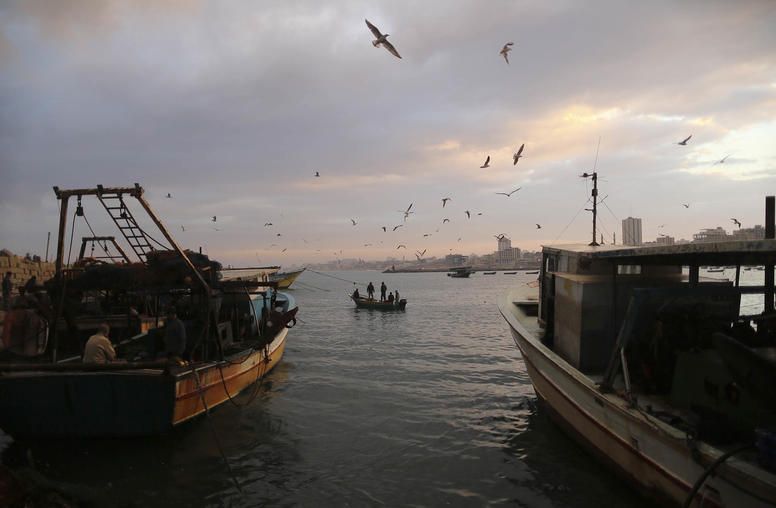Egypt, Tunisia, and the Constitutional Movement
Egyptians and Tunisians are anxiously waiting to see how their aspirations will be realized in the weeks after the historic popular uprisings. While no component of Egyptian or Tunisian society – governance, politics, security, civil society, and economy -- is likely to be spared scrutiny, special attention will necessarily be paid to the constitution.
February 28, 2011
Egyptians and Tunisians are anxiously waiting to see how their aspirations will be realized in the weeks after the historic popular uprisings. While no component of Egyptian or Tunisian society – governance, politics, security, civil society, and economy -- is likely to be spared scrutiny, special attention will necessarily be paid to the constitution.
Calls for a new constitution can already be heard from all quarters. A modest constitutional review (to revise the electoral process and decrease the powers of the president) is already underway in Egypt, with more substantive reforms of Egypt’s system of governance expected after the elections. A truly transformative constitution-making process, however, can do much more than change the system of government. Egypt and Tunisia have an opportunity to not only rebuild their states, but to reach national consensus on the core values and fundamental principles that will strengthen their nations.
First Principles
Constitution-making, at its best, is a process of national dialogue and self-reflection, one that results not only in a ratified document, but a constitution that is nationally owned and enjoys the support and legitimacy of the people. International experience over the past 25 years demonstrates that for this to happen, three principles of constitution-making should be observed:
1. Inclusivity: All components of society should be included in the constitutional discussion. Representatives of the various stakeholders should, wherever possible, have a seat at the table so that each can say it had a hand in the negotiation and drafting of the document and each can feel safe and secure that it is a valued component of the new nation.
2. Participation: The people should be given an opportunity to directly express their needs and aspirations in a forum that is conducive to civil discourse, and which is overseen by officials genuinely committed to incorporating those views into the final document. Direct public participation, in particular civic education combined with public consultations, ensures that the constitution comes from the people, and that it more closely reflects their will.
3. Transparency: The constitution-making process should be conducted in an open and transparent manner so that the people are free from the fears of hidden political agendas and confident that their voices will be heard.
USIP Resources and Support
USIP has supported national actors conducting constitutional reviews all over the world. Through this support, USIP has amassed considerable practical expertise on substantive constitutional issues and procedural aspects of constitutional design, and has developed a range of tools to assist both national actors and international advisers. Among the resources available at USIP are:
- Framing the State in Times of Transition: A volume of nineteen case studies of constitution-making from around the world. Framing the State offers the first in-depth, practical perspective of the implications of constitution-making procedure, examining such issues as drafting and ratifying bodies, sequencing and timing, civic education and public participation, and methods of ratification.Read more about the book from USIP Press
- USIP Special Reports: USIP has published several reports on constitution-making. These reports can be found at www.usip.org.
- www.constitutionmaking.org: A website dedicated to collecting and analyzing data on the provisions and characteristics of constitutions worldwide. www.constitutionmaking.org has a repository of constitutions, topical reports on different areas of constitutional design, and a digital resource library. Go to the site
- The International Network to Promote the Rule of Law (INPROL): INPROL is a global, online community of practice, comprised of some 1,500 rule of law practitioners from 80 countries and 300 organizations. Constitution-making practitioners can receive advice and input from INPROL's 1500 members through the Rule of Law Forum, including leading experts on constitution-making from around the world. In addition, the INPROL research team can put together research memoranda based on questions posed on the forums. Go to the site
For more information about USIP constitutional support, please contact Jason Gluck at jgluck@usip.org or + 1 202-429-3886.



